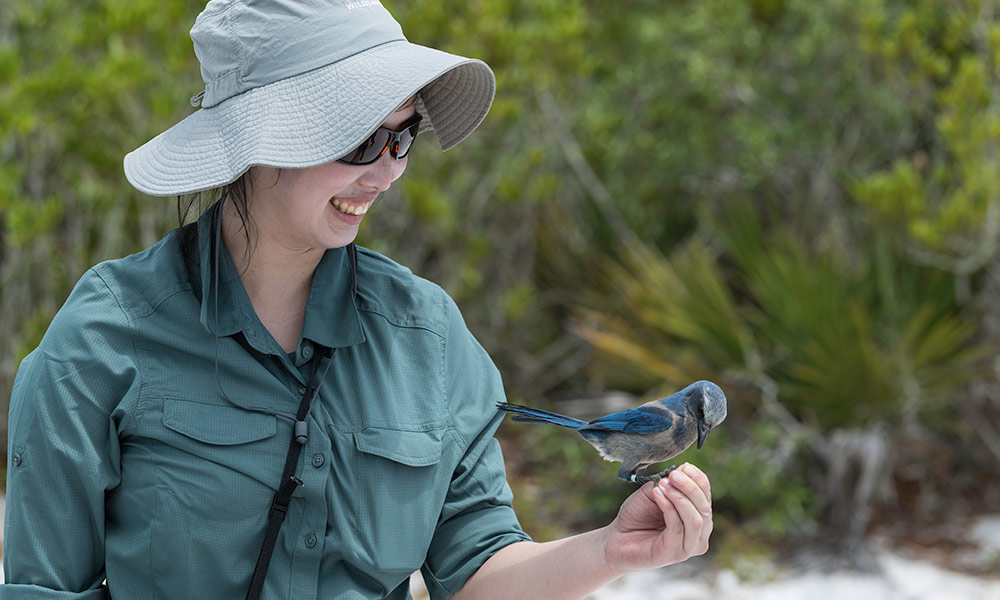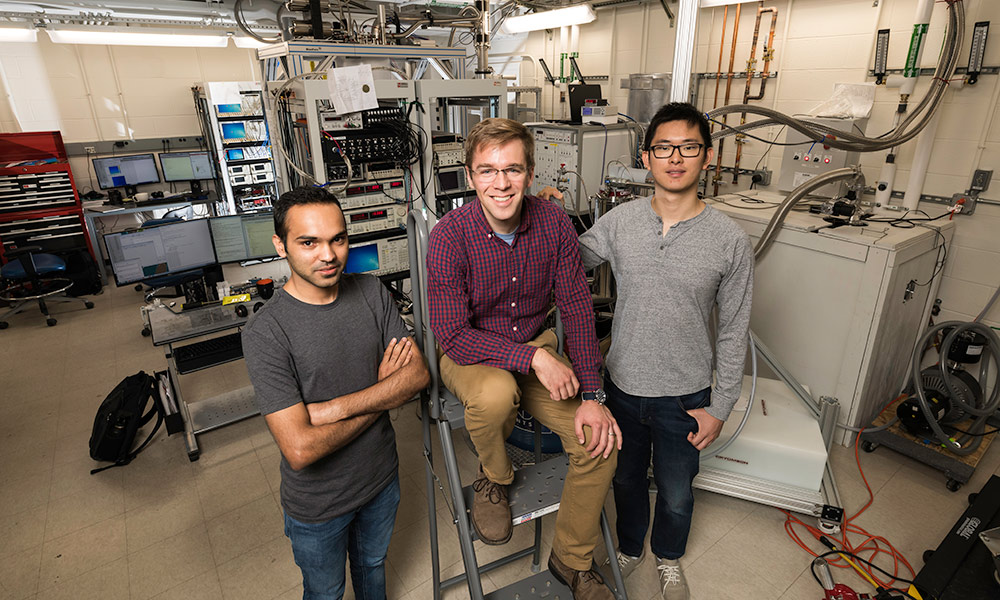
When do alcohol-dependent mothers parent harshly?
New Rochester research makes considerable progress towards understanding what triggers mothers with substance use disorders to treat their children harshly, and how parents and medical care providers can predict parenting difficulties.

Superhydrophobic metal that won’t sink
Inspired by diving bell spiders and rafts of fire ants, Rochester researchers have created a metallic structure that is so water repellent, it refuses to sink—no matter how often it is forced into water or how much it is damaged.

How much do we lie when sex is on the brain?
A new study shows the extent to which people will change their own opinions to conform to a stranger’s, or lie about their number of past sexual partners, when the sexual systems of the brain have been activated.

Do open relationships work?
Past studies have attempted to gauge the success of nonmonogamous relationships. Now a Rochester team has studied the distinctions and nuances within various types of nonmonogamous relationships and found that solid communication is key.

Native Americans, government authorities, and reproductive politics
In her book, historian Brianna Theobald traces the long history of efforts by federal and local authorities to manage the reproductive lives of Native families, and the widespread activism that arose as a result.

Using machine learning to understand climate change
In a vast ocean where direct observational data is scarce, Rochester researchers are using data science to understand how shallow coastal waters and deep oceans contribute to the methane found in the atmosphere.

Understanding an endangered species, bird by bird
Rochester biologist Nancy Chen is mapping the evolutionary forces affecting an endangered species of Florida birds, and raising fundamental questions about how and why species go extinct.

One small step for electrons, one giant leap for quantum computers
Quantum computing has revolutionary potential, but transferring information within a quantum system remains a challenge. By transferring the state of electrons, Rochester research brings scientists one step closer to creating fully functional quantum computers.

Charter schools are not all equal
Rochester economist John Singleton’s research could help educational policymakers to craft guidelines and practices for charter schools that are in the best interests of all students.

Researchers solve ‘hot spot’ debate
Volcanic hot spots such as the ones that created the Hawaiian Islands have long been considered stationary points, but new data analyses provide conclusive evidence that hot spots are not fixed but are moving.
